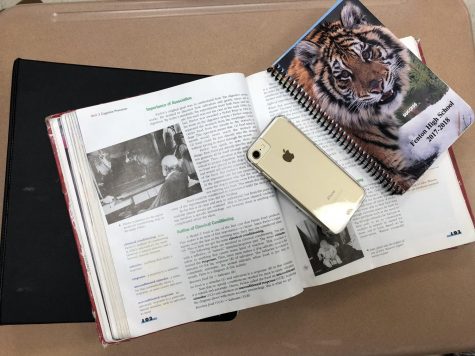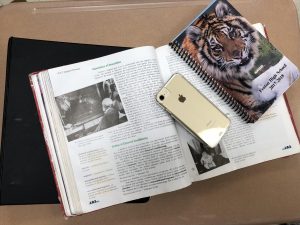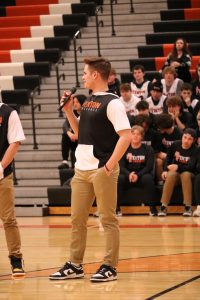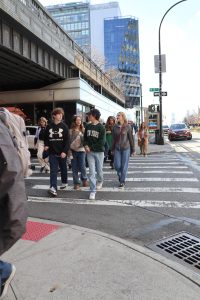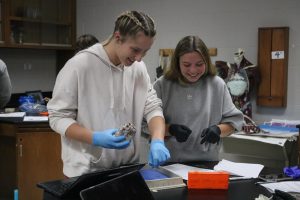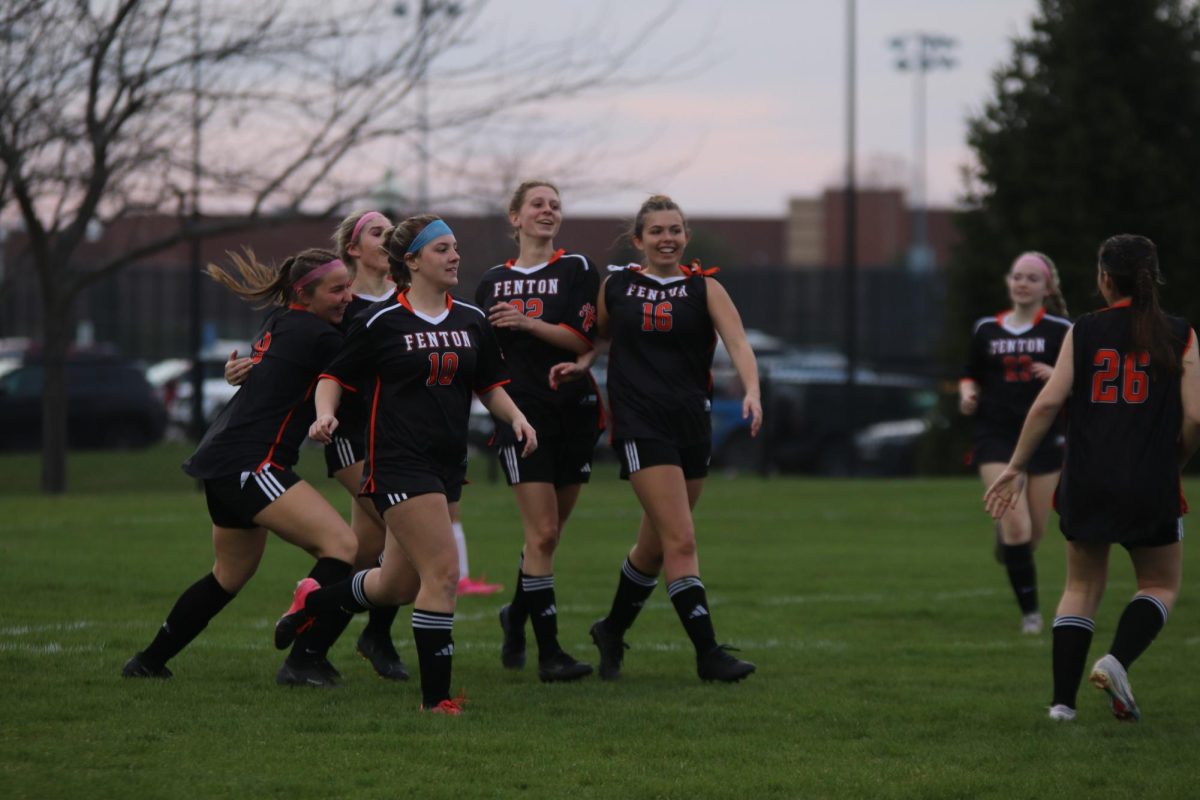Schools have greater jurisdiction in searching students’ possessions than law enforcement agencies
December 30, 2017
U.S. citizens have the Fourth Amendment that grants them freedom from unreasonable search and seizures. However, in the school environment, those rights are diminished to ensure a safe learning environment free from smoking devices and other violations.
“Vaping devices are not allowed for the majority of the students, because most students are not 18 yet,” Assistant Principal Laura Lemke said. “The ones we are searching are typically under 18. Students who are caught vaping or in possession of vaping paraphernalia can be suspended. Administrators also can offer incentives to try to reduce the suspension by having somebody get assessed to be sure they don’t have a substance abuse problem. The police could ticket them and make them go to court for an appearance. Basically it’s the same as underage tobacco or underage smoking paraphernalia.”
A common misconception with search and seizures is the use of the phrases “probable cause” and “reasonable suspicion” being interchanged. Probable cause is when an administrator has sufficient facts or evidence that would lead a reasonable person to believe someone is related to criminal activity. Reasonable suspicion is a standard established by the Supreme Court in 1968 that establishes that an administrator should be allowed to intervene and briefly detain a person if they have reason to believe, based on their training knowledge, that the individual is engaging in criminal activity.
“School officials have a lower standard by which they can search students,” Lemke said. “Police officers actually have a higher standard that they have to meet for them to search a student. If we have probable cause to believe somebody has possession of something they aren’t they allowed have at school, that’s all the question we need.”
In some cases, schools don’t need to meet the reasonable suspicion standard before searching students. For example, if a nameless tip is related to a serious threat or danger (such as if a student may be carrying a loaded gun), then schools do not have to meet that standard.
“School officials can detain students for questioning based on any kind of general suspicion as long as the detention isn’t arbitrary or a form of harassment,” Police Chief Jason Slater said. “Then the school can search the students or their belongings based on their response or demeanor during the questioning.”

